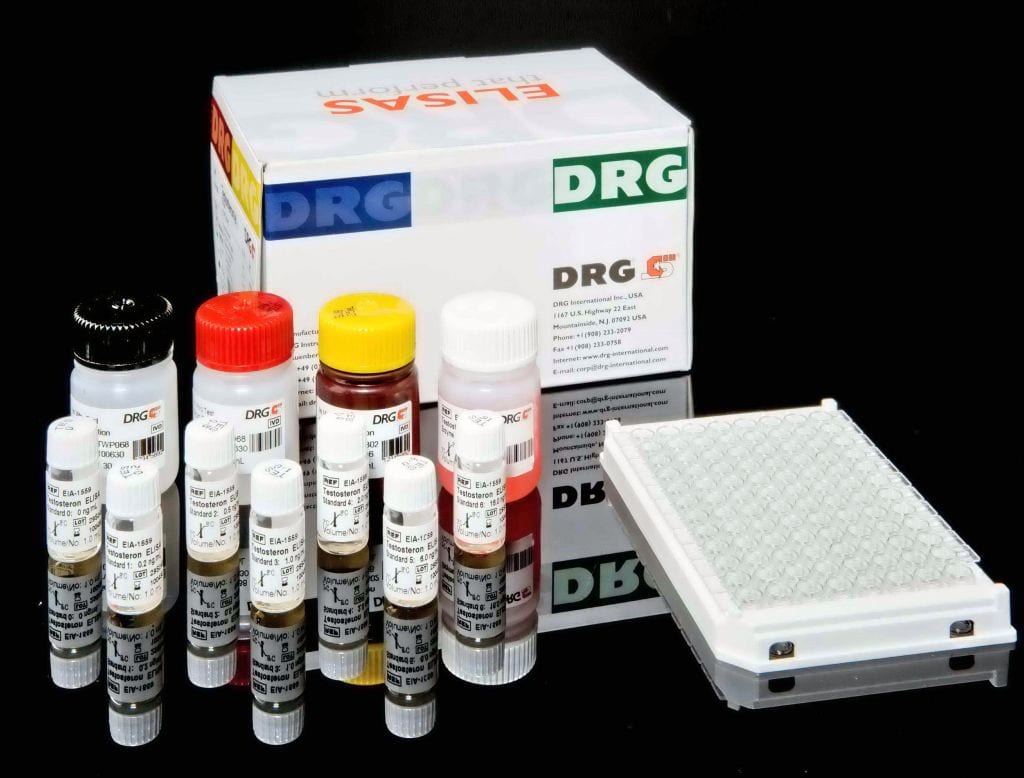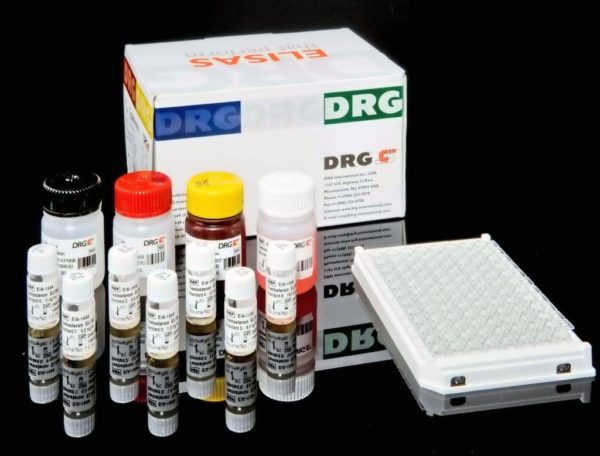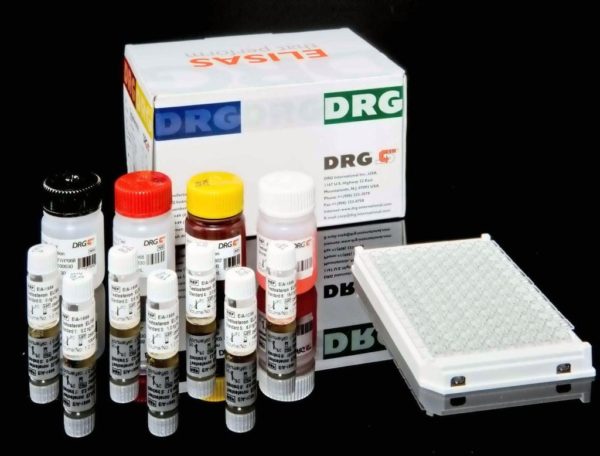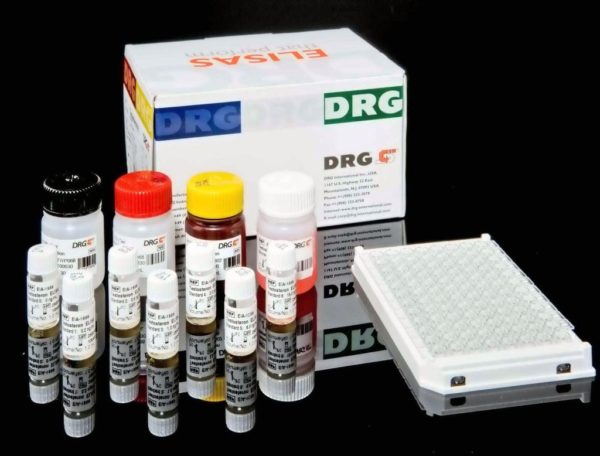Description
An enzyme immunoassay for the qualitative and semiquantitative determination of IgG-class antibodies to herpes simplex virus type 1+ 2 in serum and plasma.
Herpes simplex is an enveloped DNA virus (150-200 nm in diameter) belonging to the alphaherpesviridae. Based on antigenic, biochemical and biological differences it can be divided into two serotypes, HSV-1 and HSV-2. Man is the only known natural host and source of the virus. HSV-type 1 typically causes oral herpes, while HSV-type 2 typically affects the genital area. Most of the time, HSV-1 and HSV-2 are inactive, or ÒsilentÓ, and cause no symptoms, but some infected people have ÒoutbreaksÓ of blisters and ulcers. Once infected with HSV, people remain infected for life. Herpes simplex viruses are among the most common infectious agents of man, and either HSV type appears to be capable of infecting similar body sites. A high percentage of the adult population is seropositive (approx. 90% HSV-1 is dependent on socio-economic status, 10-30% HSV-2). Primary HSV-1 infection usually occurs in early childhood (6 to 18 months of age). HSV-2 usually produces mild symptoms, and most people have no recognized symptoms.
The DRG Herpes Simplex Virus Type 1+2 IgG ELISA Kit is a solid phase enzyme-linked immunosorbent assay (ELISA) Microtiter wells as a solid phase are coated with recombinant gG1 Protein of HSV-1 and native gG2 protein of HSV-2. Diluted patient specimens and ready-for-use controls are pipetted into these wells. During incubation Herpes
Simplex Virus Type 1+2-specific antibodies of positive specimens and controls are bound to the immobilized antigens. After a washing step to remove unbound sample and control material horseradish peroxidase conjugated anti-human IgG antibodies are dispensed into the wells. During a second incubation this anti_IgG conjugate binds specifically to IgG antibodies resulting in the formation of enzyme-linked immune complexes. After a second washing step to remove unbound conjugate the immune complexes formed (in case of positive results) are detected by incubation with TMB substrate and development of a blue color. The blue color turns into yellow by stopping the enzymatic indicator reaction with sulfuric acid. The intensity of this color is directly proportional to the amount of Herpes Simplex Virus Type 1+2-specific IgG antibody in the patient specimen. Absorbance at 450 nm is read using an ELISA microtiter plate reader.




